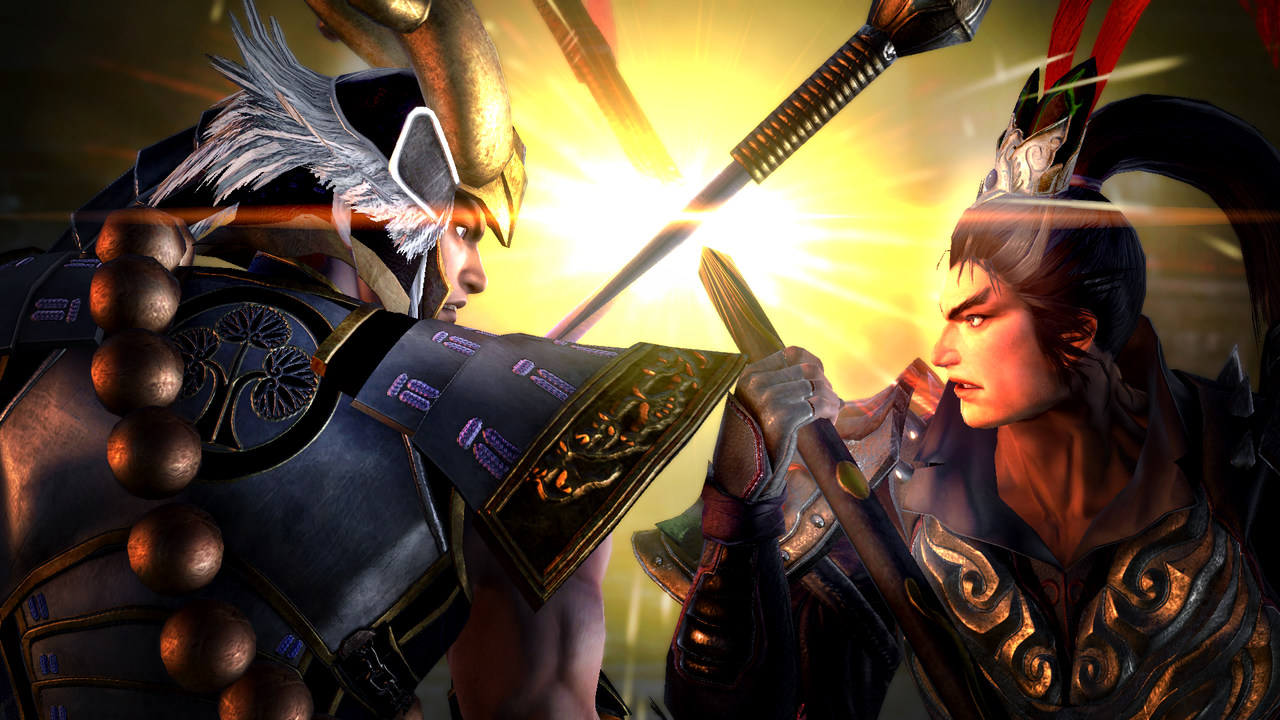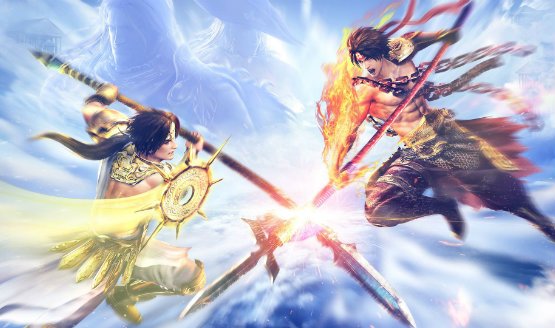Over the years, Omega Force has tried several new ideas with its flagship Musou, or Warriors series, most of them outside of the core gameplay. These changes would come in the form of a new side mode, or perhaps a new progression or weapons system, things to do to break up the supposed monotony of the simple, but bombastic combat. But in recent years, new ideas began seeping into the gameplay, with vehicles like outside IP allowing the developers to play a bit with what a Musou is and can be. A side effect of this gradual change has been an erosion of sorts of limitations, with the power creep of things like popular anime licenses leading to ever-growing combo numbers and body counts. While Dynasty Warriors 9 was perhaps a misstep in trying something new, Warriors Orochi 4 takes a step back from the open world thing. Orochi is Omega Force’s own supernatural setting using its historical characters, and the approach with this entry seems to be testing the limits. With a literal record-setting number of characters, a premise rooted in mythology, and new mechanics meant to extend combos even further than before, Warriors Orochi 4 is a “kitchen sink” approach to Musou, and it’s the most fun I’ve had with the series yet.
Gods and Monsters
One of the cool things about the Orochi series is it maintains its own continuity; going back to the first game on the PlayStation 2, these games are all direct sequels, something you might not expect from a crossover series. In the past, Warriors Orochi has been about the titular snake god, who combined the worlds of Dynasty Warriors and Samurai Warriors in search of a worthy opponent. But Orochi has been defeated, so Greek god Zeus has stepped in to fill the role of the Big Bad. A notorious meddler, Zeus figures it’ll be fun to follow in Orochi’s footsteps, so he (along with Athena and Ares) smash the worlds back together, and create a set of powerful bracelets that can grant humans god-like powers under certain circumstances. Perseus isn’t down with this as a demigod, so he rebels against his family to help the scattered human forces.
In addition to the bracelets, a set of “Sacred Treasures” has also found its way to the titular “Warriors,” which grants even those incapable of using the “Deification” bracelets the ability to use magic. These new abilities grant Musou players even more options than before to enhance and extend their combo potential (including a massive, screen-clearing attack that is always fun to use in a big crowd), but another key mechanic ties everything together and opens the door for nearly endless possibilities. With well over 100 characters, players actually form a party of three before setting out on each mission (as well as assigning more characters in “support” roles), and can switch between their three with the press of a button. This can be done at almost any time, even mid-combo.
Balance is Overrated
The core of Musou’s time-withstanding combat is branching combo strings. Essentially, combos are linear, but dependent on choices the player makes at key points, each choice creating a new branch. Sometimes this is as simple as pressing triangle after mashing square a few times, the effect depending on how many times square was pressed before. But as the series has continued, Omega Force has added more and more options for going even further, increasing the scale of destruction each time. Now, with the on-demand character-switching, if timed properly, players can basically reset their branching combo paths as many times as they like. In Warriors Orochi 4, it’s easy to extend combos into the hundreds, if not thousands of “hits,” with a deliberately generous window before the counter resets allowing for some margin of error. It’s up to the player to be as creative as they want, but the reward of playing with all the toys in the box is a sense of power and spectacle that ups the ante for Musou in the biggest way yet.
The enormous cast does a lot of leg work to keep the gameplay loop fresh, perhaps more so than trying to pad things out with various extra modes and gimmicky progression mechanics. Each character boasts unique animation sets, and while the controls are consistent across the board, how those animations play out have their own considerations per character with terms of timing, utility, and positioning. Because of that, there’s a lot more tinkering than one might expect to get the combo potential I spoke of earlier to really pop off. Some characters work better together than others, and putting together the perfect teams does require taking the time to swap people in and out, and mess around with their movesets. Luckily, Warriors Orochi 4 has a “mock battle” option, which lets you quickly test your party with all their moves unlocked before you just jump into battle without knowing your loadout.
Each character levels up of course, and has a fairly basic skill tree fueled by points earned with each level up. There is also an overall “camp” skill tree, which takes currency earned through battle and selling weapons. There isn’t a lot here, just passive stat boosts and obligatory combo extensions meant to add to the sensation of powering up as you play. Similarly, the weapons system isn’t much to write home about, which mostly involves swapping out higher-numbered weapons and selling the old ones, although you can bank weapon abilities and insert them into new ones, for a little extra oomph. Weapons come through so quickly though it feels silly to engage in that system until much later in the game, if at all.
Warriors Orochi 4 is the latest in a long line of Musou brawlers, a new entry in its own sub-series that assumes your fandom already as a multi-series crossover. Despite its roots in historical fiction, Warriors Orochi 4 allows itself to dip into over the top, supernatural territory, using mythology as an excuse to put real-life generals and warlords into even more bizarre combat situations. Bringing the likes of Zeus and Ares into the mix only makes things more fantastical, and the combat mechanics are bumped up to scale. The ceiling on combat potential has been shattered here, and using the new tools at players’ disposal can allow them to more or less combo indefinitely to their hearts’ content. While the breezy, fast and simple style of Musou isn’t for everybody, fans will undoubtedly have a blast pushing this one to its breaking point, should one even exist. Warriors Orochi 4 is an easy highlight in a series that has consistently improved (Dynasty Warriors 9 being an exception) over the past few years.
Warriors Orochi 4 review copy provided by publisher. Version 1.02 reviewed on a Standard PS4. For more information on scoring please see our Review Policy here.
-
Tons of characters with unique animation sets
-
Ridiculous combo potential
-
New magic abilities add more flair to combat
-
Weapon and progression systems are shallow
-
Deification is only for a small handful of characters
-
Less variety in magic abilities
Warriors Orochi 4 Review October 2018
-
Warriors Orochi 4 Review October 2018 #1
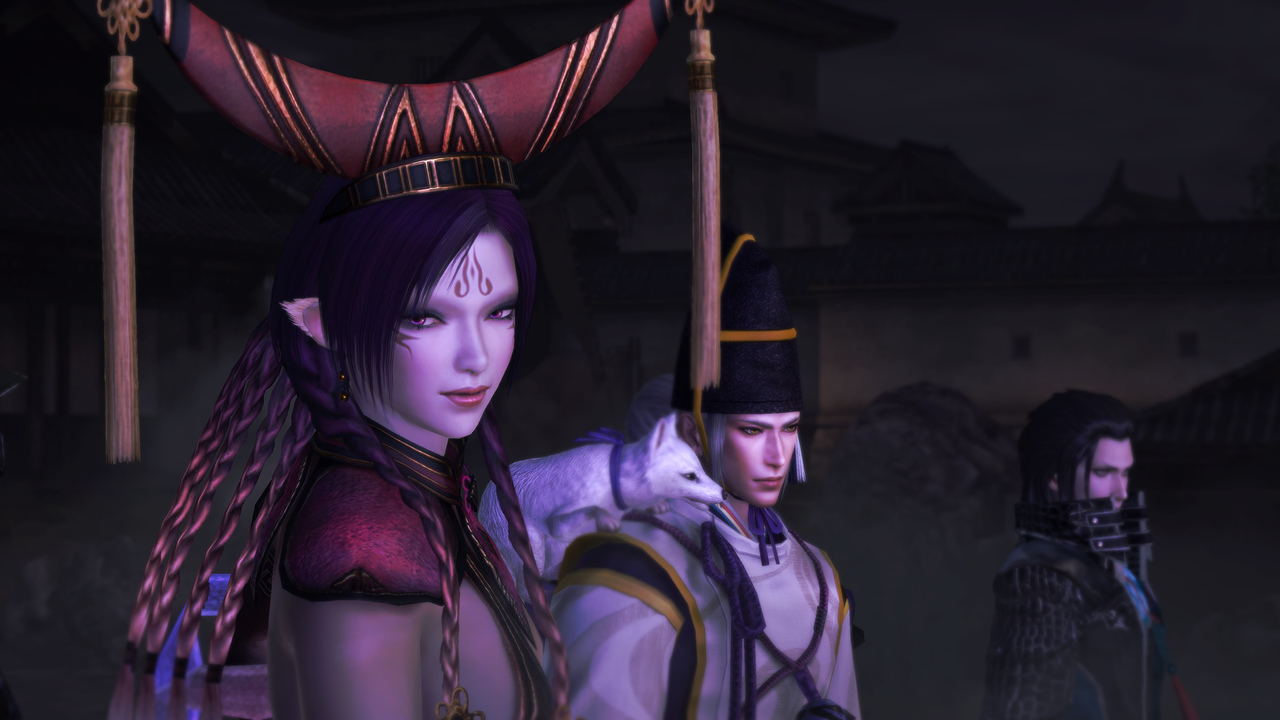
-
Warriors Orochi 4 Review October 2018 #2
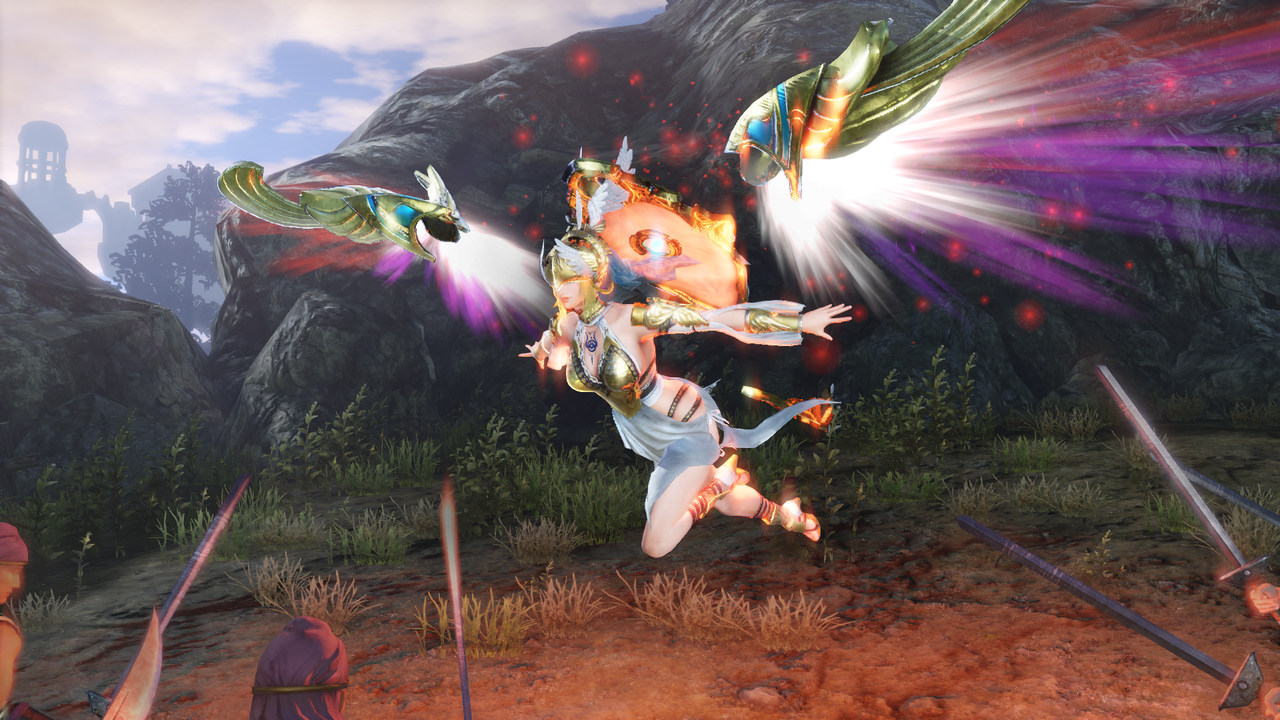
-
Warriors Orochi 4 Review October 2018 #3
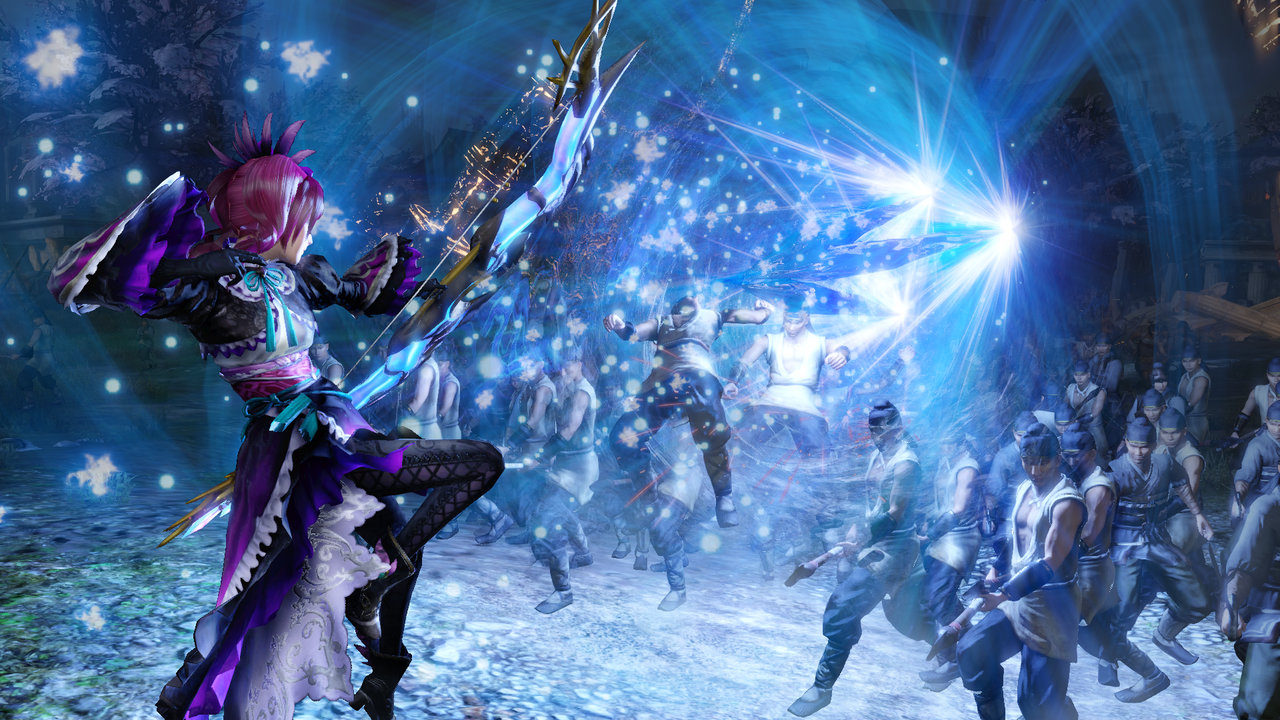
-
Warriors Orochi 4 Review October 2018 #4
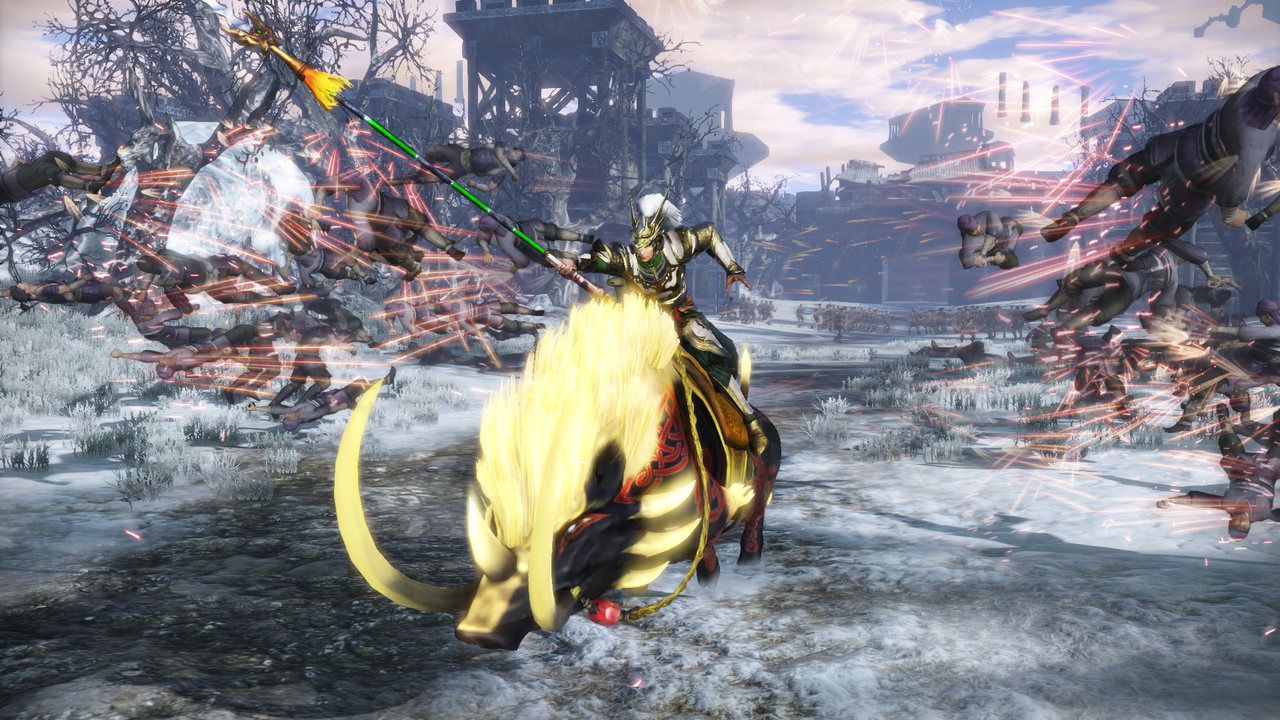
-
Warriors Orochi 4 Review October 2018 #5
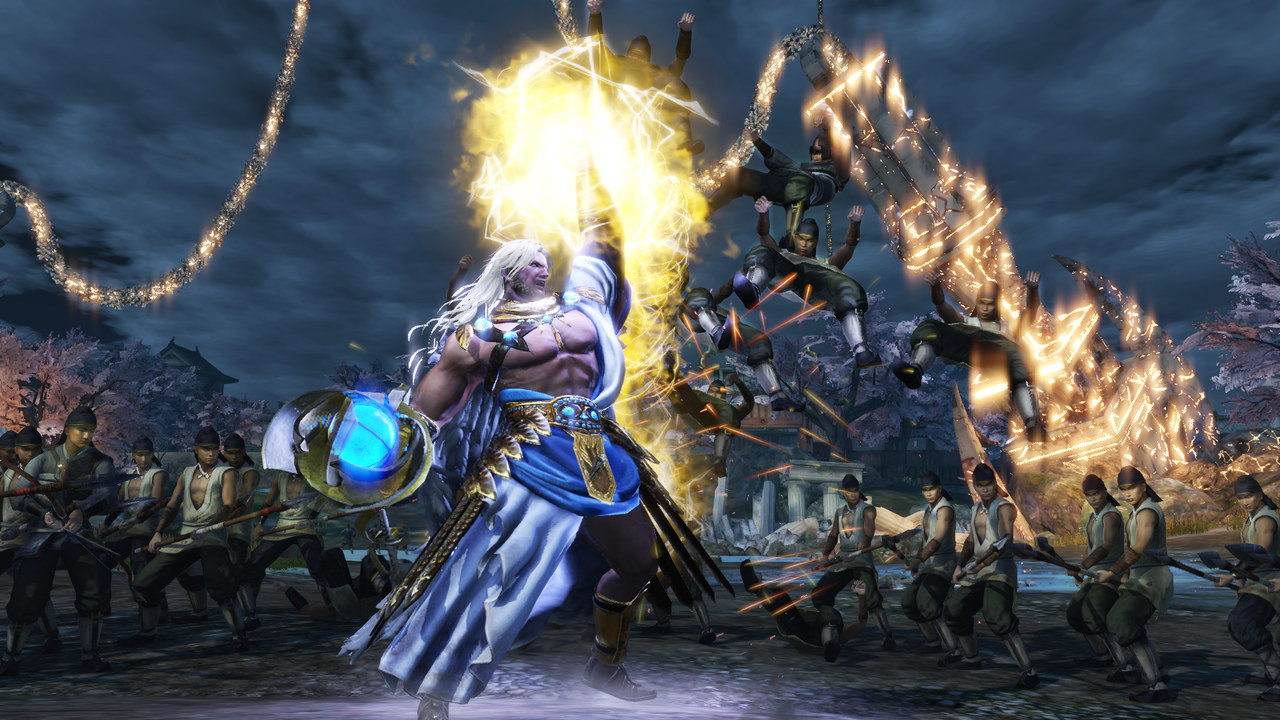
-
Warriors Orochi 4 Review October 2018 #6
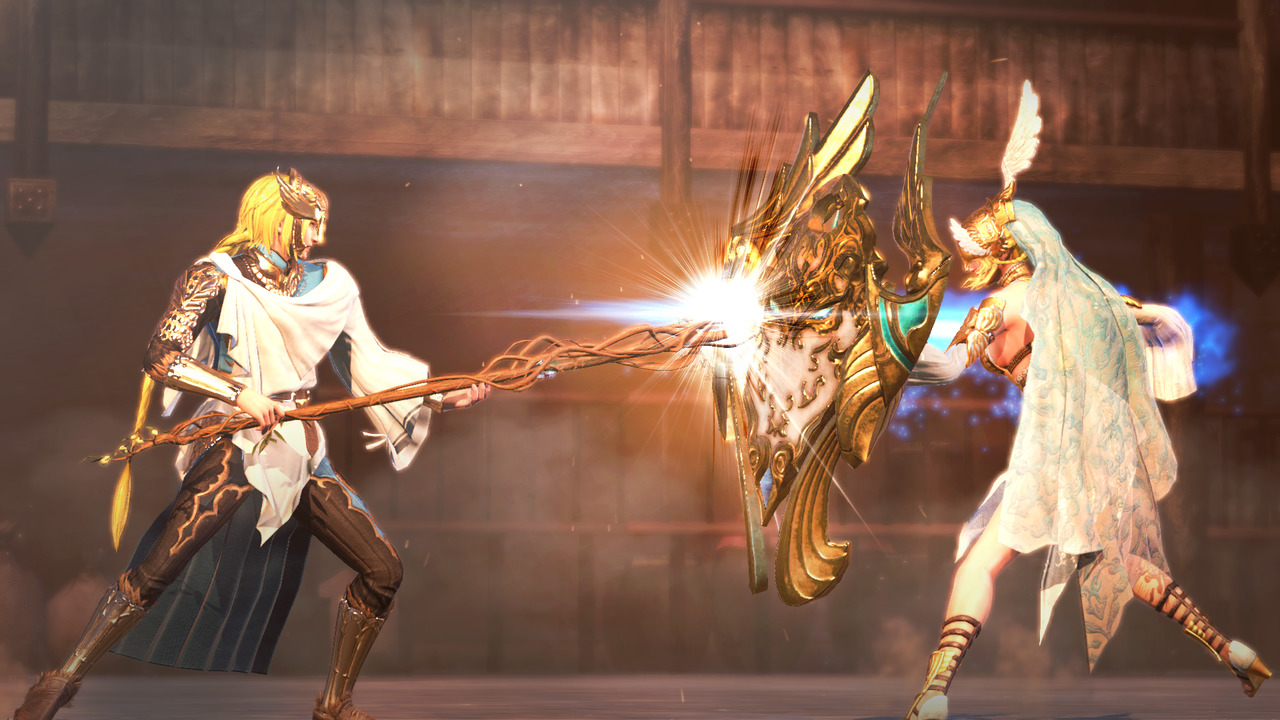
-
Warriors Orochi 4 Review October 2018 #7
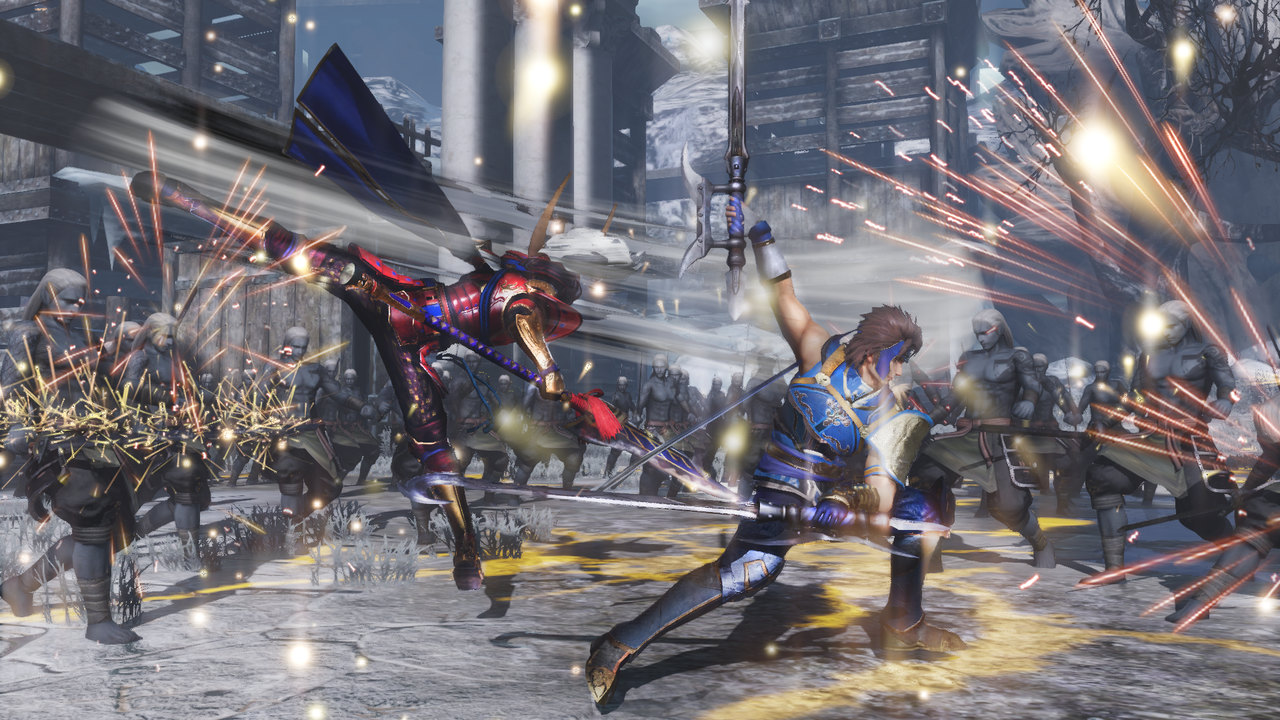
-
Warriors Orochi 4 Review October 2018 #8
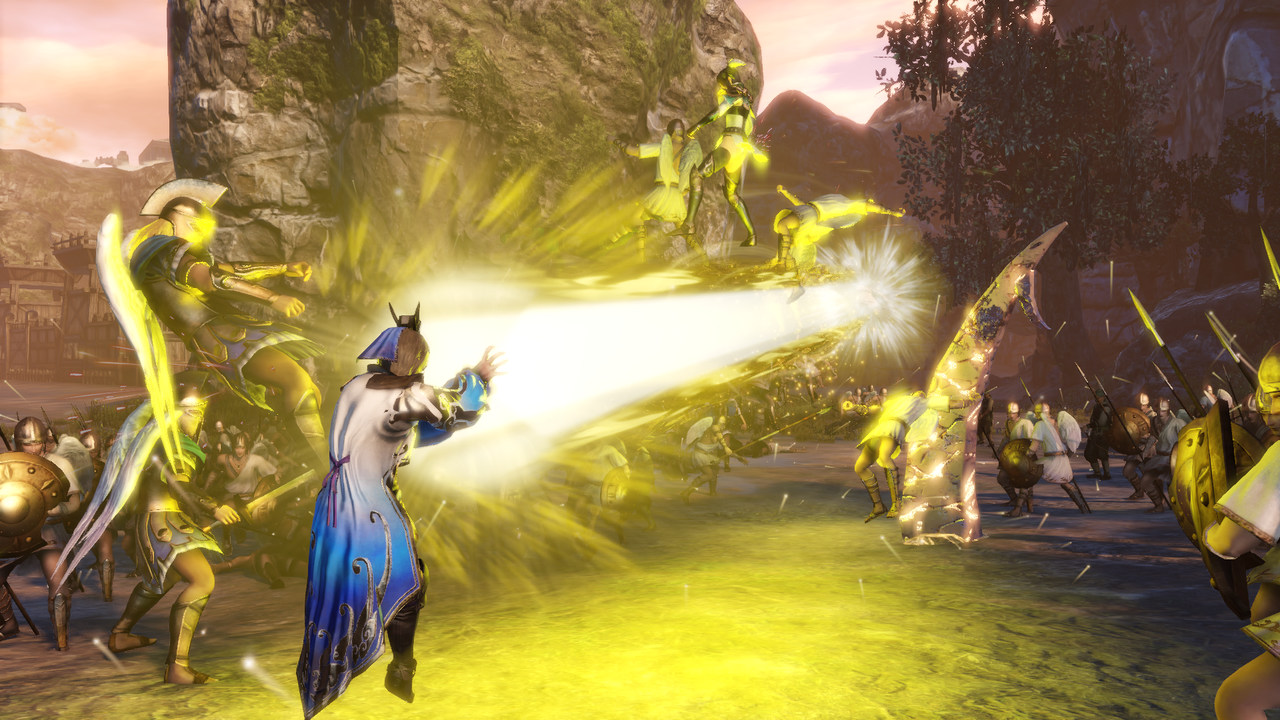
-
Warriors Orochi 4 Review October 2018 #9
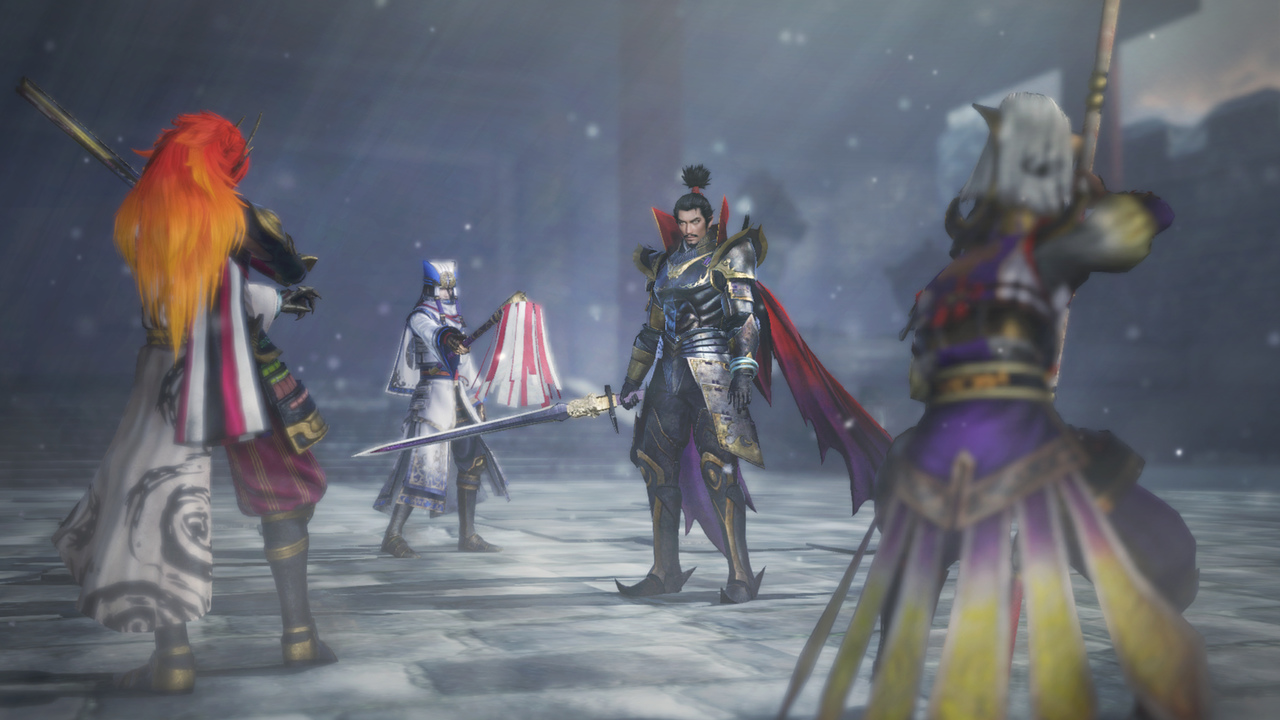
-
Warriors Orochi 4 Review October 2018 #10
